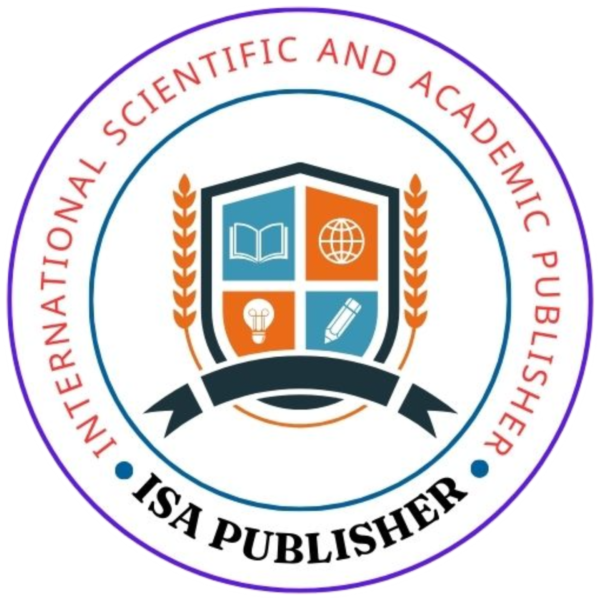Effect of Personal Income Tax on Internally Generated Revenue of Osun State Government
A
nation economic growth is reliant on a steady means and bases of income, while
taxation is the basis upon which the nation’s economic structure is erected.
However, inadequate monthly payment of funds from the federal government to the
state government account necessitates reason to explore other sources of
income. The study therefore explores the key factors that influence personal
income tax.
The
study employs both longitudinal survey design to track variables over time and
Ex-post facto research design, primary data were collected via a structured
questionnaire while Secondary data were extracted from National Bureau of
Statistics and Osun Internal Revenue Service from 2014 to 2023 – ten (10)
years. Both descriptive and inferential statistics are used, descriptive
statistics inform of factor analysis was utilized to determine the relevant
factors of Personal Income Tax, whereas inferential statistics through
correlation analysis helps assess relationships between Personal Income Tax
(PIT) and Internally Generated Revenue (IGR). Additionally, Ordinary Least
Square regression model was applied to evaluate the impact of PIT on IGR. All
test were conducted at 5% level of significant.
Factors
such as tax rate (0.761), tax policies and laws (0.757), penalty rate (0.729),
employment status (0.742) income level of taxpayers (0.695), The attitude of
taxpayers (0.665), poor tax collection methods (0.684), lack of accountability
and transparency (0.565) and Government spending habits (0.640) display strong
communalities. Public confidence in government (0.546), tax audit frequency
(0.547) and tax knowledge and awareness (0.590) showed a moderate communality.
Conversely, tax enforcement (0.321) exhibits a comparatively low communality.
The existence of positively strong relationship (0.9375) was discovered betwixt
IGR and Pay-As-You-Earn (PAYE), fines and fees exhibit a high positive
correlation (0.9178) with IGR, Earnings and sales also show a strong positive
relationship (0.8751) with IGR, rent from government property, while positively
correlated with IGR (0.3311), has a relatively weaker association compared to
other revenue sources. The strong correlation between PAYE and fines and fees
is (0.8522). Similarly, earnings and sales correlate strongly with PAYE
(0.7624) and fines and fees (0.7024), direct assessment tax on the other hand
was negatively correlated with IGR (-0.1459), direct assessment tax and
earnings and sales (-0.4262) and rent from government property (-0.5660).
However, the following variables were significant; PAYE (p-value = 0.0003),
Fine and Fees (p-value = 0.0008), and Rent on Government property (p-value =
0.0020) except Earnings and Sales (p-value = 0.0578) and direct assessment
(p-value = 0.0641) that were not significant.
The study concluded the existence of a positively significant relationship and effect betwixt personal income tax and Osun state IGR. It was therefore recommended that strengthening PAYE tax enforcement, improving tax administration efficiency as well as enhancing compliance in direct assessment tax are crucial for ensuring sustainable fiscal growth in Osun State.

